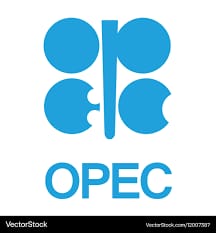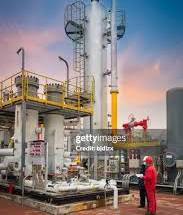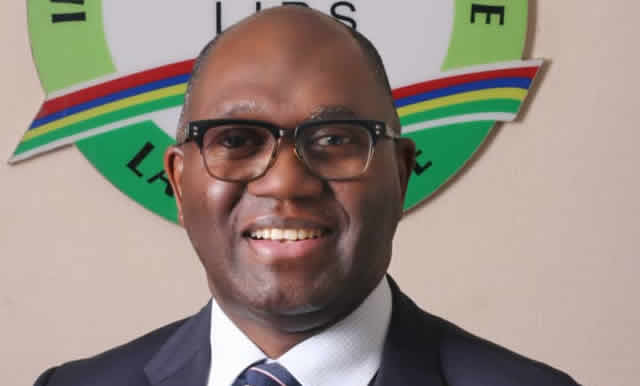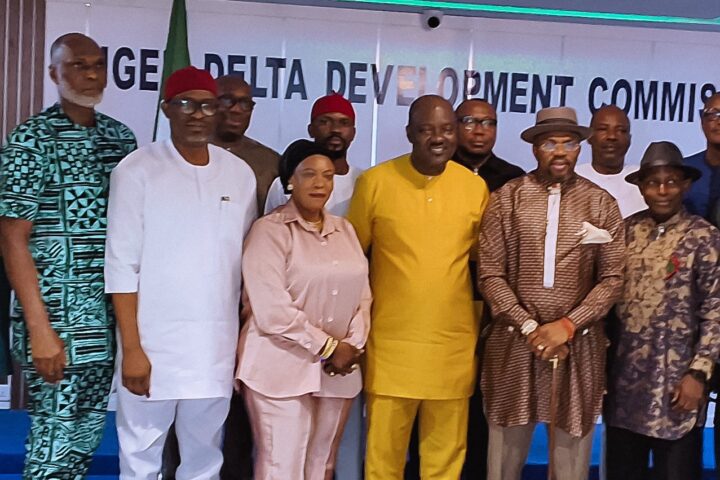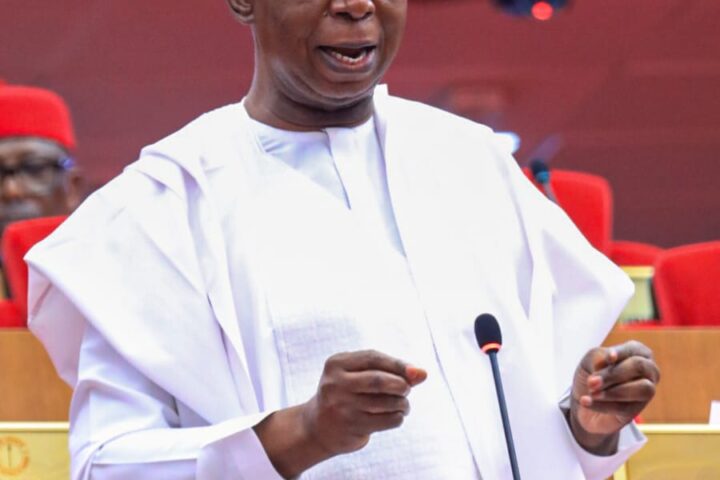
The Organisation of Petroleum Exporting Countries (OPEC) has foresaw positive development in the African downstream that would raise local refined products and prune product imports from other regions.
OPEC recalled that according to this year’s World Oil Outlook (WOO), cumulative oil-related investment requirements amount to $11.8 trillion in the 2021-2045 period.
It added that of this, “80 per cent or $9.2 trillion is in the upstream, with another $1.5 and $1.1 trillion needed in the downstream and midstream”.
Its Secretary-General, Mohammad Sanusi Barkindo, made this known in his videotape remarks at the African Refiners and Distributors Association (ARDA) conference.
He said: “These overall positive developments in the African downstream will help increase local refined product output while reducing product imports from other regions.
“In terms of downstream investment, we estimate a total of roughly $1.5 trillion will be spent during the period 2021-2045. $450 billion of this will be invested in new refinery projects and expansions of existing units. Most of these projects will be located in developing countries, including Africa.”
The pace of economic recovery and cold weather have increased the demand for energy, while pressure on governments to accelerate the transition to cleaner energy have slowed investment in oil projects to boost supplies.
He recalled that in terms of the downstream sector, last year’s oil demand shock caused by the COVID-19 pandemic resulted in numerous refinery closures worldwide.
He projected additional closures in the coming years.
Barkindo projected that from 2021 to 2026, an expectation of around 6.9 mb/d of new refining capacity come online, mostly in the Middle East, Asia-Pacific and Africa.
According to him, Africa’s potential refining capacity is expected to start increasing in 2022 at just below 0.4 mb/d, before reaching just above 1 mb/d in 2026.
He noted that many of these projects would involve petrochemical integration.
The OPEC scribe said “in the longer term, to 2045, OPEC forecasts 14 mb/d of capacity additions, mostly in developing countries. In Africa, long-term demand growth will lead to an increase in refinery throughputs of almost 5 mb/d in 2045, up from 2.4 mb/d in 2019.”
Barkindo said another important downstream factor to consider has to do with global refinery utilization rates, which are forecast at a rate of 81 per cent in 2024 and slightly lower by 2026, still higher when compared to 2019 levels.
These rates, he said, are forecast in consideration of recovering demand, in addition to the realization of numerous closures triggered by the COVID-19 pandemic.
He added that on the longer term, utilization rates are expected to drop to approximately 76% in 2045 as more capacity comes online and demand declines in developed regions.
The Secretary-General submitted that “This, of course, will result in additional closures in order to maintain rates at sustainable levels.”
He revealed that the unpleasant reality is that the industry is still reeling from the devastating impacts of the COVID-19 pandemic, during which investment declined by a massive 30 per cent in 2020.
Commenting on the theme of the conference, the OPEC scribe said the mass media were already replete with news about the impending energy transition and how countries and the energy industry might respond to the global challenge.
He said the fervor surrounding this topic has been intensified further by the recent volatility brought on by the COVID-19 pandemic, and discussions related to climate change and the energy transition have risen to the top of the energy industry agenda.
These debates, according to him, would reach a fever pitch in less than three weeks as the UN Climate Change Conference — COP26 — kicks off on the 31st of October in Glasgow, Scotland.
Barkindo said: “OPEC is working closely with its member countries to advocate for real change on these issues in the lead-up to and during this very important conference.
“We have recently witnessed investors, environmental lobbyists and even some corporate boards exerting increasing pressure on governments and oil companies to adopt radical policies and initiatives that could, in the end, be more disruptive than productive for the global energy industry.
“Some extreme voices have even called for a discontinuation of investments in oil and gas. These views are both risky and unrealistic.




